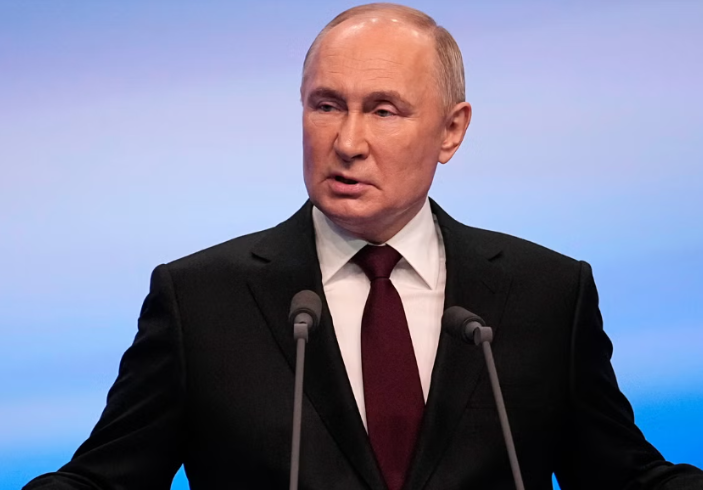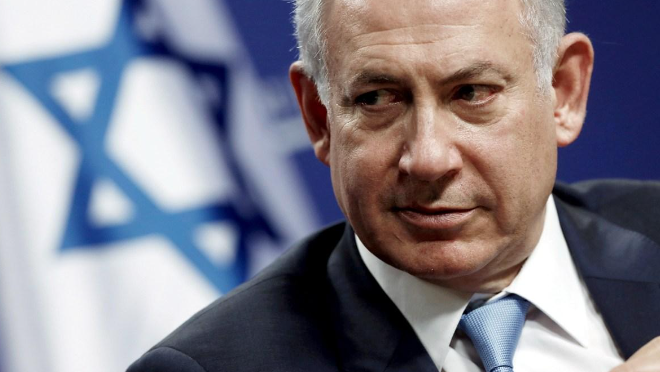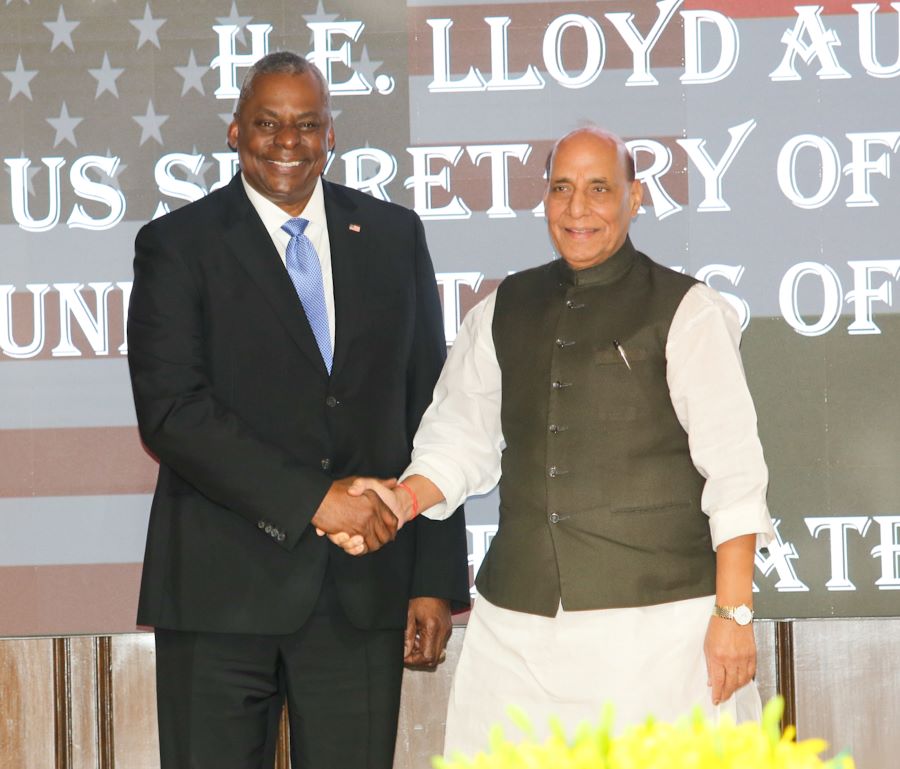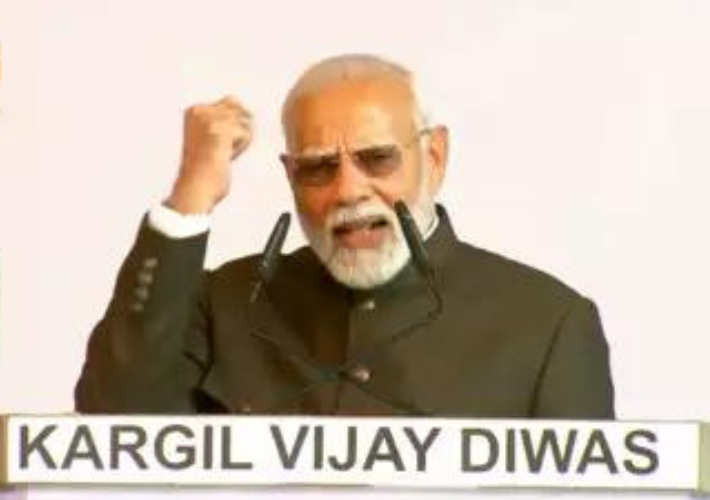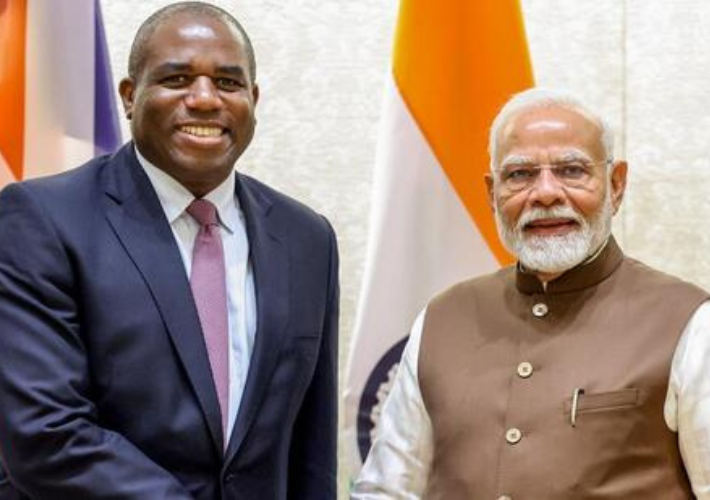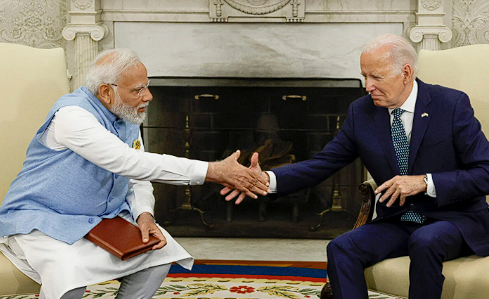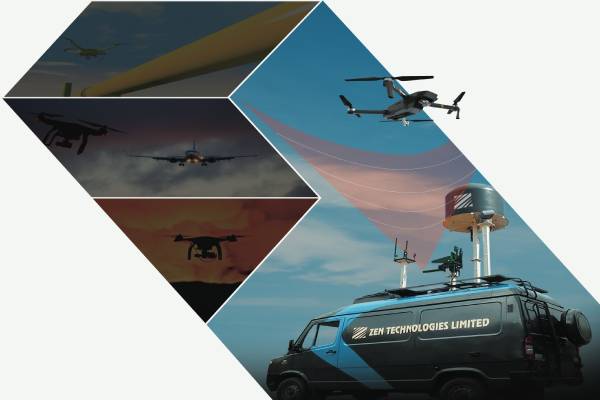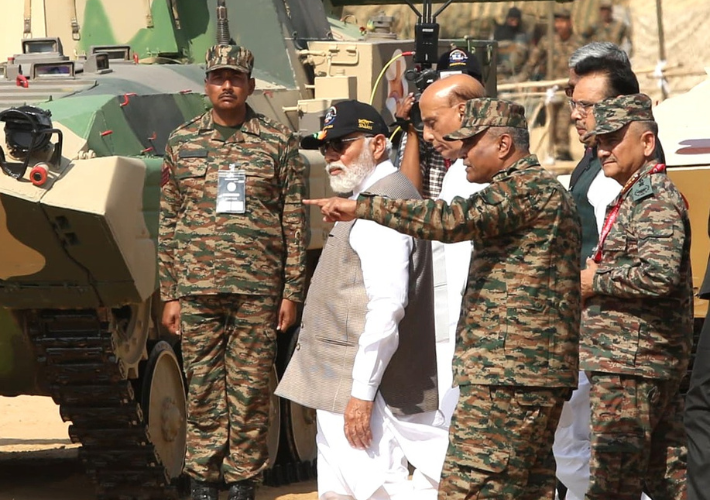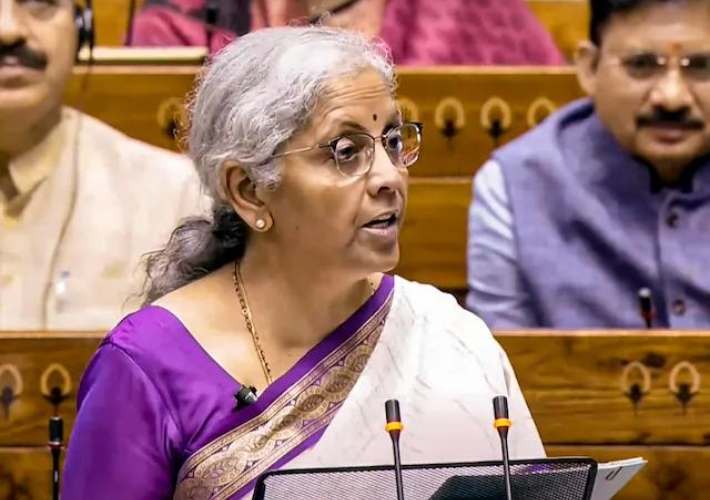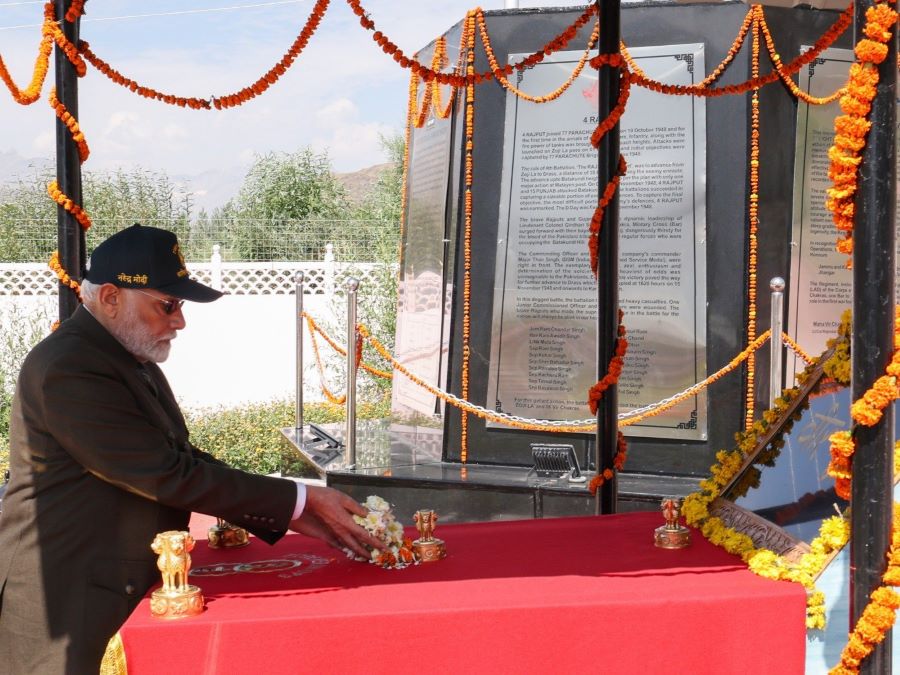Russian President Vladimir Putin, as expected, won a landslide victory in the country’s recent Presidential election. After Soviet dictator Joseph Stalin, Putin is regarded as the most powerful leader of the nation. With his third term as President, Putin is expected to tighten his autocratic rule over Russia further. In a speech addressing the Western leaders, Putin stated that NATO’s involvement in the Ukraine war could lead to World War III.
This is not the first time that Putin has warned the Western powers about a possible nuclear threat. He even hinted towards peace talks and stated, “I’ve been saying it over and over again, and I’ll say it again. We are for peace talks, but not just because the enemy is running out of bullets.” He further added that Macron should not aggravate the tense situation in Ukraine but rather should find a peaceful settlement. Recently, the French President said that he does not deny the possibility of sending troops to support Ukraine.
Since Russia invaded Ukraine back in 2022, Russia-US relations have worsened since the Cuban Missile Crisis in 1962. In response to the Russian election results, many Western leaders have stated that the elections were not fair or free. Putin countered and criticised the US elections, claiming that the world is laughing at America. “It is just a catastrophe – it is not democracy – what on earth is it?”
Observers have hinted at the threats of revivalism of single-power autocracy under Putin without any opposition and acceptance from common Russian citizens. The country may slide back to its Stalinist dictatorship, if not worse. If Putin can continue his so-called military operation in Ukraine, it may make the Russian neighbours feel threatened due to geopolitical challenges. Germany and Poland have been strengthening their military capabilities, while Sweden and Finland, previously neutral nations, and have joined NATO.
Putin, age 71, is a former KGB member turned politician who first became the Prime Minister of Russia between 1999 and 2000 and then from 2008 to 2012. From 2012 onwards, he has ruled Russia without any opposition. In 2020, Putin passed a law allowing him to run for President until 2036.
What does Putin’s re-election mean for India?
India-Russia bilateral relations have been steady throughout the Ukraine war and even before that. India became the largest oil importer of Russia even when the Western world criticised India’s pro-Russia stance while maintaining the anti-war position proclaimed by Prime Minister Modi. For New Delhi, keeping Russia as a faithful bilateral partner is also important to deter China. Since the start of the Ukraine-Russia conflict, Moscow has moved closer to Beijing on economic and geopolitical issues.
Team BharatShakti




